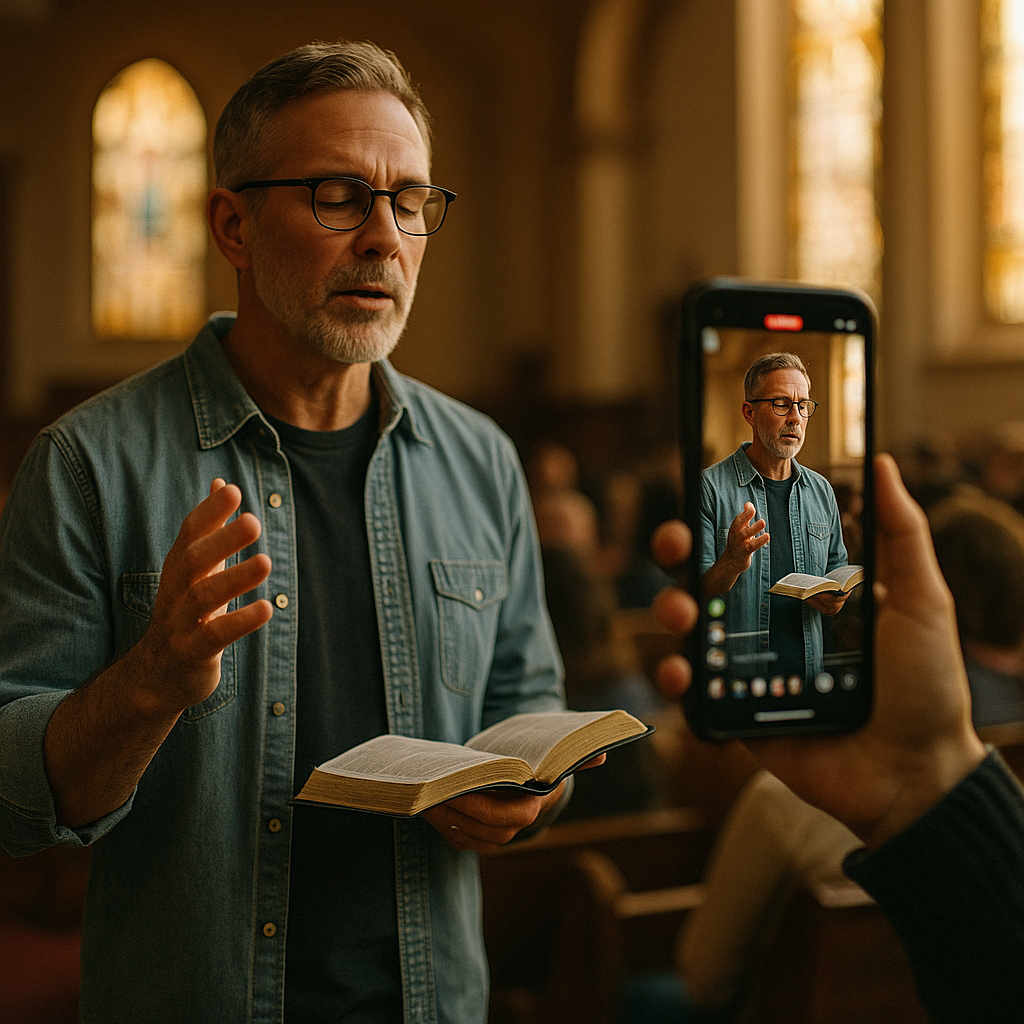The philosophy of “The Follower” drives much of today’s digital landscape, deeply shaping how people engage with influencers, brands, and communities online. This sociological study of digital discipleship unpacks the motivations, dynamics, and implications behind following in the digital age. What does it truly mean to be a follower in 2025, and why does it matter?
Understanding Digital Discipleship: More Than Just a Trend
In the past decade, digital discipleship has evolved from passive content consumption into active, meaningful participation. Followers are no longer silent spectators. According to GlobalWebIndex data from early 2025, over 87% of social media users engage with their chosen leaders’ content beyond likes—through comments, shares, and even private support communities.
This modern form of discipleship comes with a new set of expectations. Followers seek real value, guidance, and connections with those they emulate. The concept has blurred lines between audience and community, fostering a sense of shared purpose and belonging. Digital discipleship is now seen as a co-creative journey rather than a one-sided performance by influencers.
The Psychology of Online Following: Why We Connect
Human beings inherently seek social validation, role models, and sources of inspiration. In digital spaces, these needs manifest in the act of following. Psychologists highlight three core motivators for following online:
- Belonging: The desire to be part of something bigger, sharing common interests or beliefs.
- Aspiration: The drive to learn from or emulate perceived experts and thought leaders.
- Identity expression: Curating a personal brand by aligning with chosen figures or communities.
Recent research from the Digital Society Institute shows that the act of following someone online serves as a modern identity badge. The communities we follow are increasingly central to how we see ourselves—and how we’re perceived by others.
Influencers and the Dynamics of Digital Authority
Influencers have become the new digital shepherds, guiding their followers in everything from lifestyle choices to social activism. The authority of these digital figures is far more decentralized than the traditional gatekeepers of past decades. In 2025, micro-influencers (those with 10,000–100,000 followers) wield significant power, often fostering deeper, more authentic connections than their celebrity counterparts.
The digital follower-leader relationship is transactional but also co-dependent. Influencers deliver expertise, entertainment, or inspiration, while followers offer validation, amplification, and community momentum. This reciprocity underpins digital discipleship’s staying power, as followers are quick to disengage if perceived authenticity falters.
Community Building in the Age of Algorithmic Social Networks
Algorithms play an immense role in shaping the paths of digital discipleship. Social platforms fine-tune content feeds to reinforce user preferences and boost prolonged engagement. This creates powerful digital communities, but it also increases the risk of echo chambers and filter bubbles.
Successful digital leaders in 2025 prioritize intentional community building:
- Interactivity: Hosting live events, AMAs, and collaborative projects.
- Diversity: Actively fostering inclusive discussions and respecting a range of voices.
- Moderation: Enforcing clear guidelines to protect members from misinformation or harm.
These tactics create not just followers, but advocates—people who actively nurture and defend their chosen digital communities.
Ethical Implications: Responsibility in the Digital Discipleship Era
The rise of digital discipleship presents serious ethical considerations. Leaders set the tone for their communities and can easily sway public opinion or consumption habits. In 2025, regulatory bodies and digital ethicists stress the importance of:
- Transparency: Disclosing partnerships, sponsorships, or potential biases.
- Accountability: Responding constructively to feedback and criticism.
- Emotional well-being: Acknowledging and mitigating the potential for online harm, bullying, or unhealthy attachment.
The healthiest digital ecosystems are those where both influencers and their followers cultivate a culture of mutual respect, critical thinking, and authenticity.
The Future of Being a Follower: Trends and Predictions
Looking ahead, the digital follower landscape is evolving rapidly. New platforms grounded in privacy, decentralization, and community ownership are rising in popularity. Virtual reality and AI-generated influencers are becoming increasingly mainstream, changing how followers relate to digital figures—but the core human needs underpinning discipleship remain the same.
In 2025 and beyond, authenticity, engagement, and shared values will drive the strongest digital communities. Both leaders and followers are tasked with co-creating spaces defined by trust, safety, and genuine connection. The philosophy of “The Follower” will remain a driving force in shaping culture well into the digital future.
In conclusion, the philosophy of “The Follower” is a powerful lens for understanding digital discipleship. Navigating this landscape in 2025 demands authenticity, responsibility, and purposeful engagement from both leaders and their followers. The way we follow—and lead—online is more impactful than ever before.
FAQs: The Philosophy of “The Follower” and Digital Discipleship
-
What is digital discipleship in 2025?
Digital discipleship refers to the active, participatory engagement between followers and their chosen digital leaders, focusing on shared values, learning, and community building within online platforms. -
How has the role of followers changed over time?
Followers have evolved from passive observers to active participants, shaping content, culture, and discourse alongside their digital leaders. -
What makes someone an effective digital leader?
Authenticity, consistent engagement, transparency, and prioritizing community well-being are key qualities of respected digital leaders in 2025. -
Are there risks to being a digital follower?
Potential risks include exposure to misinformation, unhealthy attachments, and algorithm-driven echo chambers. Critical thinking and diverse engagement help mitigate these risks. -
How can followers build healthier online communities?
By promoting respectful dialogue, supporting transparency, engaging with diverse voices, and participating in shared value creation, followers contribute to healthier, more meaningful online spaces.
